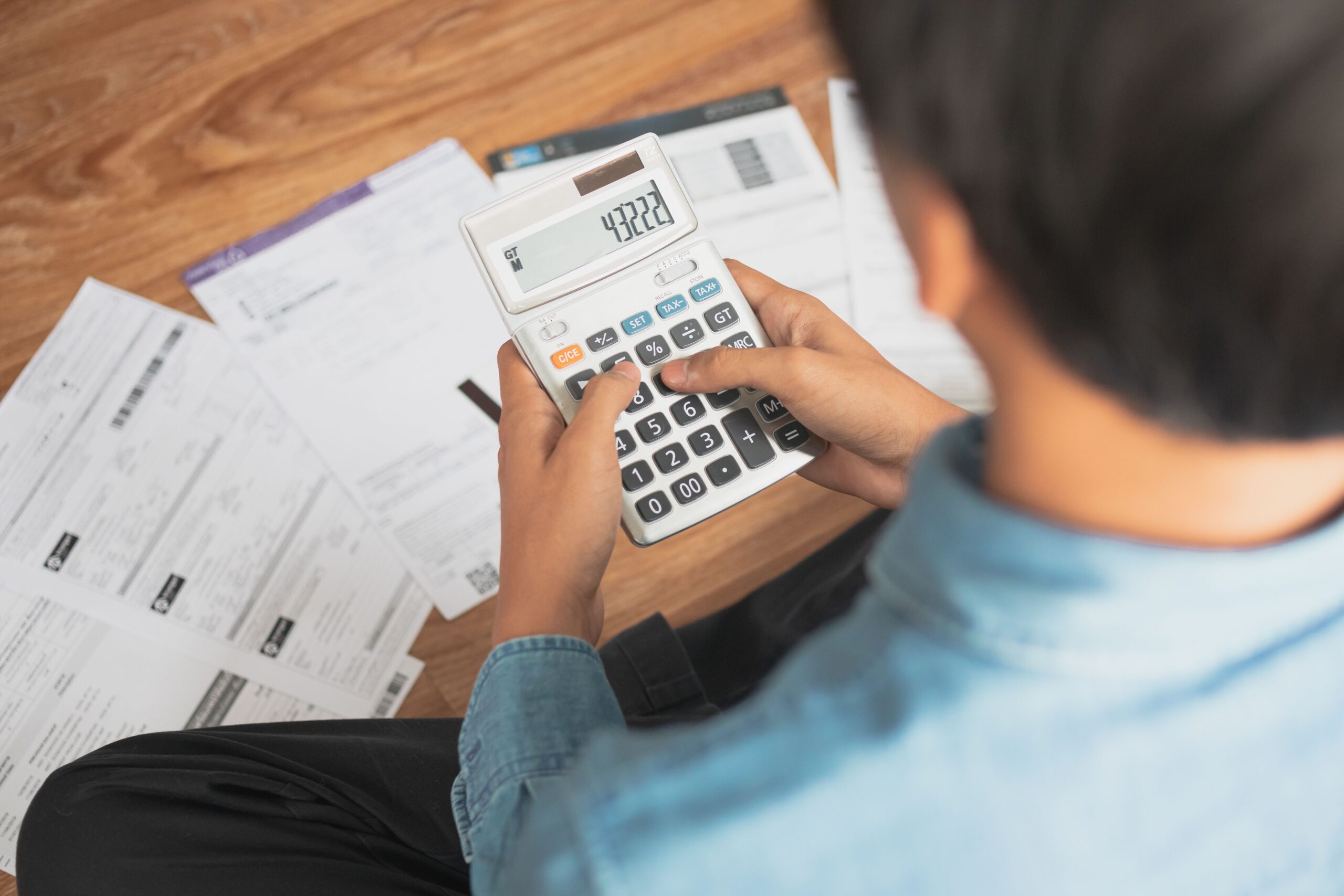
Disposable income (sometimes known as surplus income) is the foundation of any debt solution. You should calculate it correctly before deciding the best way to deal with your debts.
Jump to article contents:
What is disposable income?
How to calculate your disposable income
What should you include in your income budget?
How to complete your living expenses budget
Rather speak to someone? Call 0800 077 6180 or fill in the form below and we’ll call you
What is disposable income?
Disposable (or surplus) income is the money you have left each month after all your reasonable living expenses are paid.
If you have no debts it is the amount you can afford to save or use to pay for any other non essential things. If you have unsecured debts it is the amount you can afford to pay towards these each month.
It is vital that you know what your disposable income is. Until you do it will be impossible to tell how much you can afford to pay to your creditors and which debt solution is right for you.
If your minimum monthly unsecured debt payments are more than your disposable income you should then consider using a debt management solution.
How to calculate your disposable income
On the face of it the calculation is very easy. You simply deduct your total monthly living expenses from your total monthly income. What you are left with is your disposable income.
For example if your total income is £2000 per month and your total expenses are £1700 your disposable income is £300 (£2000 – £1700 = £300)
The problem is understanding exactly what your monthly income and expenses are. What do you include in your income? Which expenses should you include and how much is reasonable? Read on to find out.
When calculating your disposable income it is vital you work out your income and expenses figures correctly.
What should you include in your monthly income budget?
Your monthly income is the total of all the different forms of income you receive each month. This means all sources of income including wages after tax, benefit payments, tax credits and pension payments.
What about weekly payments?
If you receive any of your income weekly or bi weekly you will need to convert this into a monthly figure. Multiply the weekly amount by 52 (weeks of the year) and then divide that figure by 12 (months of the year).
What if your income is changes each month?
If the amount you get changes (perhaps because you are self employed or on a zero hours contract) you must use an average figure. When calculating the average you should use figures for at least the last 6-12 months.
Generally speaking you should not include irregular income such as ad hoc overtime or bonuses in your calculation.
How to complete your monthly living expenses budget
To complete a monthly living expenses budget you need to list all your essential living expenses. These include fixed bills such as rent, mortgage and utilities. In addition variable costs like food, transport, child costs, communications and entertainment must be added.
It is really important not to miss anything or get the amount you spend on each wrong. Remember to include a monthly budget for things you may only pay once a year such as car insurance.
Remember, don’t include unsecured debt payments in this budget. These have to be paid out of your disposable income.
For a full list of the expenses that should be included in your budget and suggested allowances, download our free Living Expenses Guide.
What if you pay some things weekly?
If you incur expenses on a weekly basis (for example the weekly shopping or petrol) you should work out what you spend per month (x52 / 12) and include this figure in your budget.
Want free, confidential advice about how to calculate your disposable income? Call us (0800 077 6180) or complete the form below
Arrange a call with a Debt Management Expert
Privacy Policy
Your information will be held in strictest confidence and used to contact you by our internal team only. We will never share your details with any third party without your permission.


